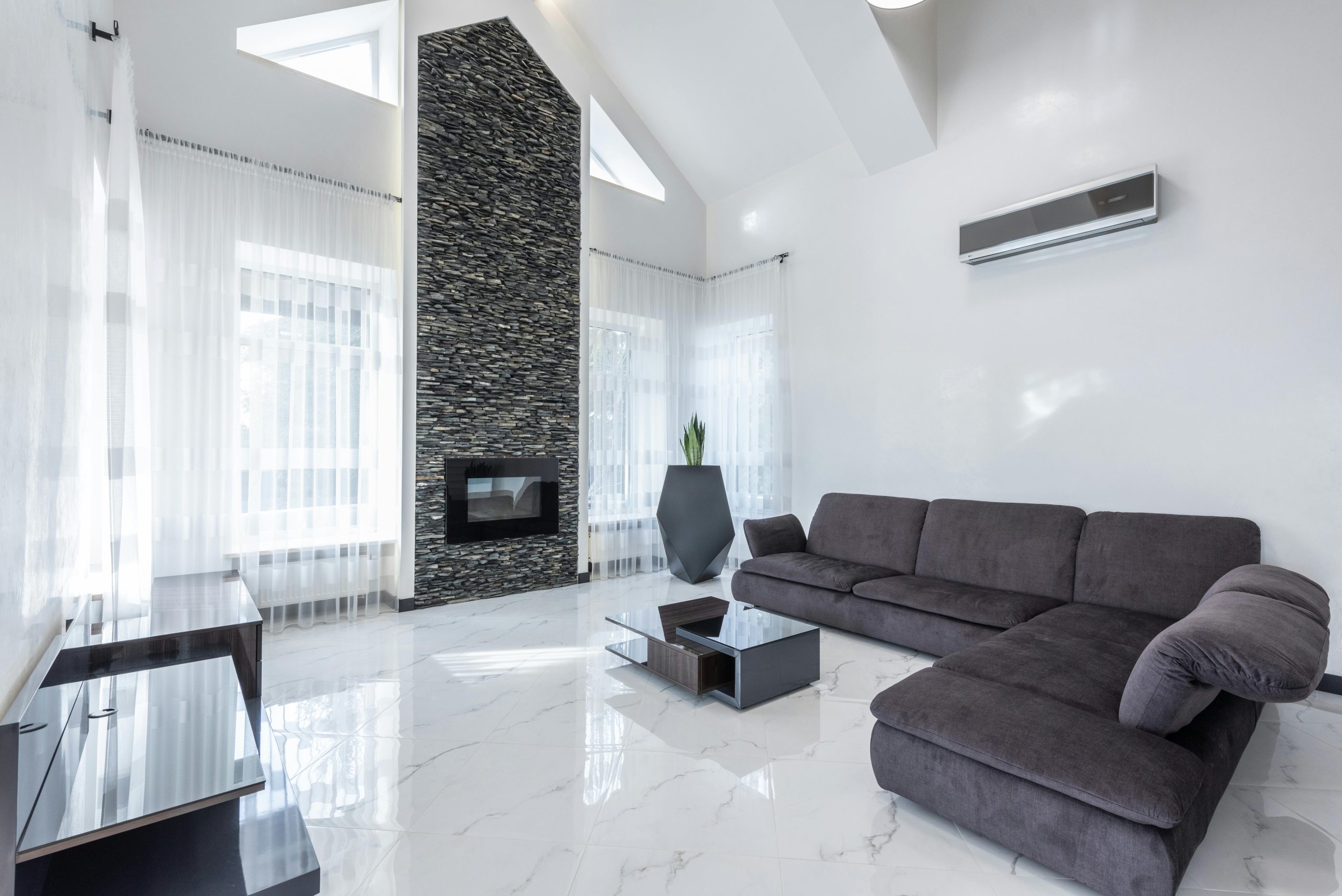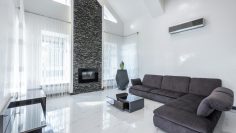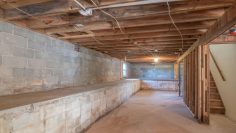
Strategies to Optimize Home Air Conditioning Systems for Superior Performance
Understanding SEER Ratings
The Seasonal Energy Efficiency Ratio (SEER) stands as a critical metric when evaluating the efficiency of air conditioning units. This ratio indicates the cooling output over a typical cooling season divided by the electric energy input. The higher the SEER rating, the more efficient the unit is, leading to reduced energy consumption and lower utility costs. The minimum SEER rating for new AC units in the United States is 14. Still, many modern air conditioners boast SEER ratings of 20 or more. For those needing HVAC services in hot climates, opting for a high SEER rating is an astute choice, as air conditioning units are used extensively throughout the year.
Advantages of Energy-Efficient AC Units
Energy-efficient air conditioning units deliver several compelling benefits. They’re designed to provide optimal comfort while consuming less energy, which translates to lower monthly energy bills—a relief to any budget-conscious homeowner. Furthermore, these systems often include variable-speed fans and multi-stage compressors. These advanced components can improve indoor air quality, provide better humidity control, and offer quieter operation. Recognizing the overall life cycle savings, homeowners often find that investing in a unit with a high SEER rating pays for itself through the energy savings accrued over time.

The Right Time to Upgrade Your AC
There comes a moment when every homeowner must decide whether to repair their aging air conditioning system or invest in a new, more efficient model. Signs that it might be time to upgrade include frequent repairs, rising energy bills, and decreased comfort levels. If your system is over a decade old, it’s likely not operating as efficiently as newer models. Visiting reliable HVAC experts can allow you to assess your current system’s performance and determine the most energy-efficient unit for your home.
Proactive Maintenance Strategies
Maintenance is indispensable for the efficiency and longevity of an air conditioning system. Proactive strategies such as regular cleaning, inspecting, and timely repairs can prevent a decline in the unit’s performance. This entails routine tasks, including cleaning or replacing the air filters to ensure proper airflow, checking refrigerant levels, and inspecting electrical components for wear and tear. As industry sources have noted, these efforts can markedly extend the unit’s lifespan and reduce the likelihood of malfunctions. Homeowners benefit from less frequent replacements and improvements in overall energy efficiency.
The Role of Smart Thermostats
Smart thermostats represent a revolution in home climate control. Beyond their ability to learn and adapt to your preferences, they provide the convenience of being controlled remotely via smartphones or other devices. This level of control and automation contribute to energy efficiency by regulating temperature settings based on the household’s occupancy and the time of day. The installation of a smart thermostat, along with strategic temperature scheduling, can result in considerable savings on energy costs.
Sealing and Insulation Benefits
Effective sealing and insulation create an energy-efficient home by retaining cool air and reducing the thermal load on an air conditioning system. Ensuring that airtight ductwork prevents leaks, which can account for substantial energy loss. Moreover, quality insulation in walls, attics, and crawl spaces keeps the cool air inside during summer and warm air during winter. Upgrading insulation and sealing leaks can dramatically enhance the performance of your HVAC system, providing a comfortable indoor environment that’s also economical.
Climate-Specific AC Considerations
Geographical location plays a significant role in determining a home’s right air conditioning system. For example, selecting a unit that effectively removes moisture from the air in humid regions is crucial. At the same time, a system with a lower cooling capacity might suffice in areas with milder summers. Manufacturers offer a range of products engineered to perform optimally in various climates. Considering the local weather patterns and seeking guidance from regional experts can ensure you select a system that aligns with your specific needs, ultimately enhancing efficiency and comfort.
Resolving Common AC Issues
AC systems can encounter issues like irregular cooling, odd noises, and sudden breakdowns, which, if not promptly addressed, can lead to efficiency loss and higher operating costs. Common culprits include clogged air filters, leaking refrigerant, and thermostat calibration errors. Tackling these challenges head-on, ideally with the assistance of licensed professionals, can restore the system’s functionality and efficiency. Homeowners should also remain vigilant for signs of inadequate cooling or unusual changes in power consumption as indicators that their system may require attention.
Anticipated Advancements in AC
The horizon of air conditioning technology is brimming with potential. Cutting-edge innovations such as solar-powered AC units and alternative refrigerants aim to increase efficiency while reducing the environmental impact associated with traditional systems. Consumers can look forward to these advancements translating into smarter, greener, and more cost-effective cooling solutions. Staying informed about these trends allows homeowners to make educated decisions about upgrades that can yield long-term benefits.
Summary
In summary, enhancing air conditioning efficiency is about selecting the right equipment and maintaining your system with a long-term perspective. Leveraging technology like smart thermostats, ensuring a well-sealed and insulated home, and responding to regional climate demands contribute to a high-performing, energy-efficient AC system. As the industry moves toward more advanced and eco-friendly solutions, homeowners who adapt and embrace these changes will experience the greatest comfort and savings. Pursuing energy-efficient cooling is an investment in the future, promising a comfortable living space and a healthier planet.










